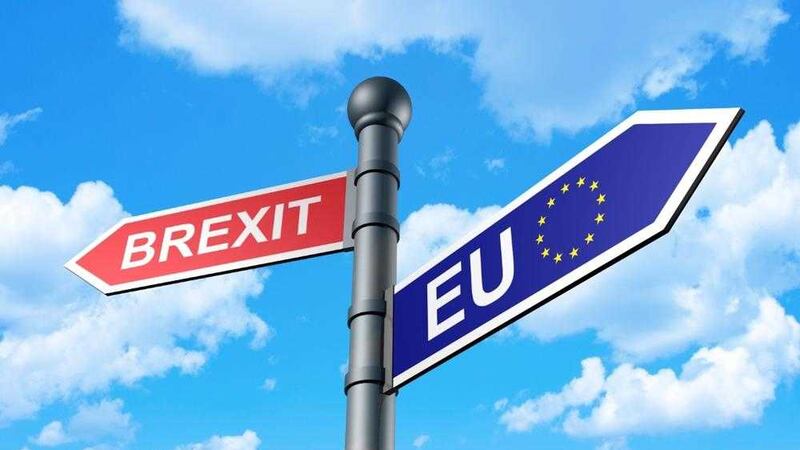THE current debate about the merits of a border poll is nothing more than occupational therapy for defeated Irish nationalism.
While that is unlikely to be a popular opinion among nationalist politicians, it would appear to be a reasonable conclusion from examining the rather dishevelled political state of the modern Irish nation.
After 800 years of swinging between violence and constitutional politics, nationalism has been reduced to interpreting opinion polls on whether we should have a border poll. Even if we do, the outcome will be determined by the northern unionist majority, a veto which, rather surprisingly, nationalist political parties now support.
So how did Irish nationalism arrive at this position and where does it go from here?
Historically Irish nationalism has been expressed in political terms as meaning independence from Britain. (British nationalism was different. It meant denying independence to others, by invading foreign countries.)
However, Irish nationalists never achieved the independence they sought. The limited freedom they won in the Irish Free State was abandoned within fifty years, when Ireland joined the European Union. The rest of Ireland remains part of the UK, although it appears destined to leave the EU.
The likelihood that the two parts of Ireland will soon be in political and economic union with two different blocs has prompted this latest fetish for a border poll. It is part of a rambling nationalist discourse, prompted by Britain's military and political victory in the IRA's 30-year campaign of violence. It has ranged across the entire spectrum of futility, from talk of a road map for Irish unity, through to cross-border initiatives and, ultimately, a border poll.
But even if we have a border poll (for which we must have permission from the British secretary of state and which will apply only in the north) Sinn Féin, the SDLP, Fianna Fail and Fine Gael are now asking us what sort of Irish unity we want.
How many sorts of unity can you think of? I can only think of one. So just as nationalism has been redefined, Irish unity has become an à la carte menu. It appears that the traditional idea of a single state with a national parliament in Dublin is off that menu. (Who decided that?)
Instead we must choose an option between a sort of federal state at one end and, at the other extreme, Micheal Martin's musing if unity could mean two parliaments - which suggests a wonderfully Irish scenario of a "united" Ireland with a border.
Maybe the border poll could forget about whether or not we want a border and concentrate instead on what sort of border we would like. Just as the Good Friday Agreement said we could choose to be British or Irish, maybe Protestants could see it as a British border and Catholics could call it an Irish border.
The border's existence is now based on the GFA's re-definition of the Irish nation as consisting largely of Catholics. The war-weary Irish agreed to Britain's definition and accepted peace, even though it meant partition. (The victors in war always determine the nature of the peace.)
But instead of another Flight of the Wild Geese, we are now witnessing a wild goose chase in pursuit of a border poll - not for an independent Ireland, but for a "united" Ireland, probably with a border and ideally within the EU.
This means that nationalism is a new form of Irish unionism, having abandoned any pretence of independence. The European Commission this week stressed the need for a military headquarters to house the forthcoming EU army. Irish foreign minister, Charlie Flanagan, says Ireland will not join the EU army. (We will see how that turns out.)
So the traditional nationalist aspiration of an independent Ireland is no longer a serious political cause. It is now more of a psychological condition, which grows worse with elections and soccer matches.
Irish unity is also most unlikely now within the context of the GFA, which allows Irish Protestants the right to secede from the Irish nation and create their own northern state.
In fairness to nationalists, however, we do have a united Ireland of sorts these days. It is a united Nama-land, a country held together by a common approach, north and south, to the sale of Irish people's assets and low-to-no tax for big business. It is an Ireland united by greed, a lack of transparency and two states in which the rich and powerful can thrive.
That's the great thing about debating border polls. Not only is it futile, it distracts attention from what is really happening in Ireland.









